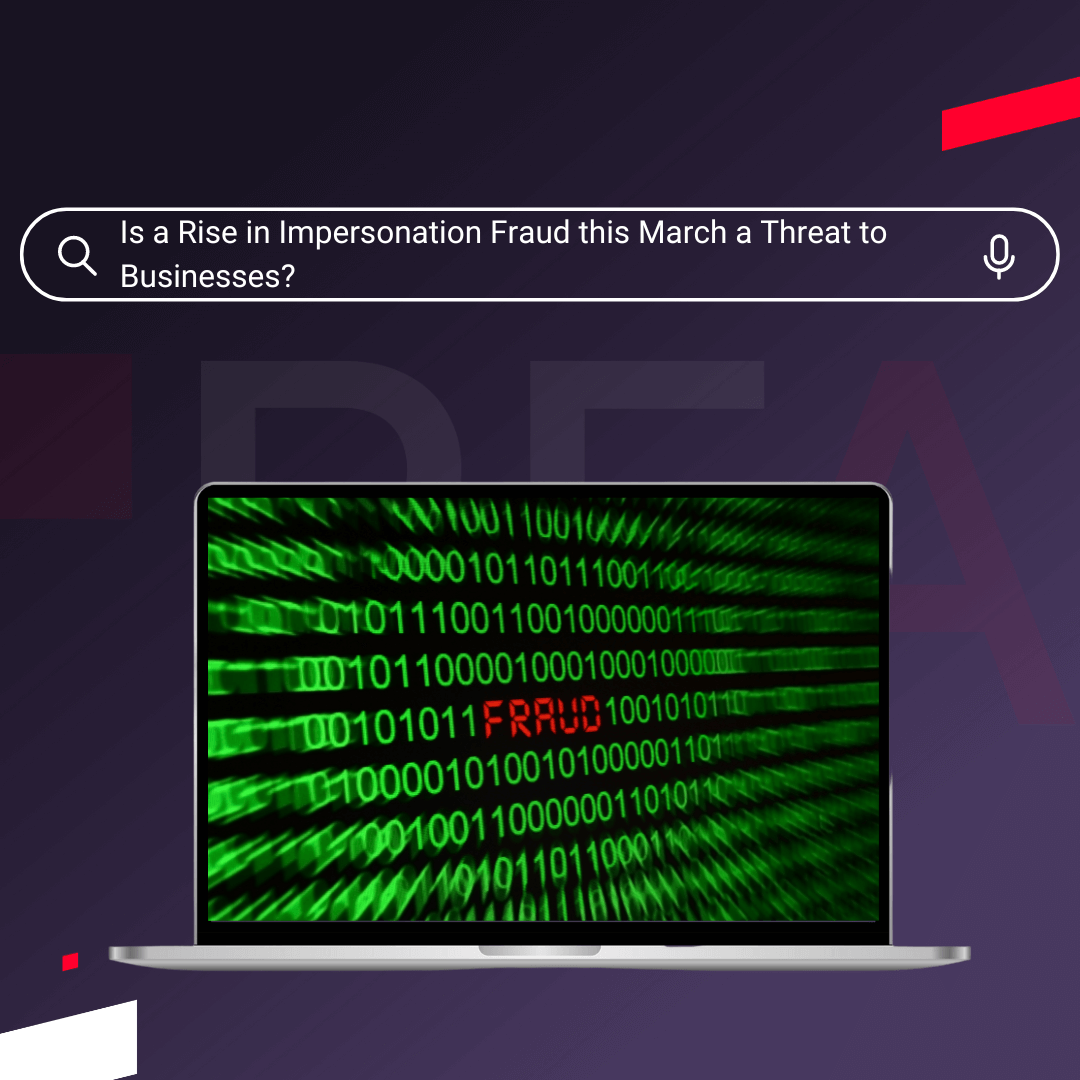Here at Red Flag Alert, we’re proud to be the UK’s only independently owned credit reference agency for business credit checks.
In fact, we outperform competitors like Creditsafe in a variety of ways.
But what is a credit reference agency and why are they important? How can they help your business?
What is a Credit Reference Agency?
A credit reference agency (CRA) collects financial data on businesses and individuals.
It uses this information to calculate business credit scores. Businesses can then decide whether or not to extend credit to people or other companies.
A business credit score is often provided alongside a credit report. This may include some of the data that went into the business credit score, as well as extra information relevant to whether you would extend credit to that person or business—for example, who the company’s ultimate beneficial owner is.
There are two types of credit reports:
Personal credit score
This shows the creditworthiness of an individual. You may think that you won’t need this, but sole traders use their personal credit scores. This means you might have to check personal credit scores if your customers are freelancers or contractors.
Business credit score
If a business is set up as a limited company, then its creditworthiness is checked against its business credit score.
This article mainly focuses on the latter.
Businesses will almost always run a credit check on your company if it buys services that it pays for after it has received them, or is signed up for a long-term contract.
For example, if you lease laptops for your business, the provider will probably order a report from a credit reference agency to check if you will reliably pay the monthly invoice.
Why are Credit Referencing Agencies important?
If you extend credit to a company and it can’t pay you back, the lost revenue could eat into your cash flow.
Your business could become less profitable or be unable to pay its own invoices. This could eventually lead to it becoming insolvent. That's why it’s so important to understand how likely your clients are to face financial difficulties.
This will allow you to manage this risk by controlling who you issue credit to, and how much. You can also put plans in place to protect your business should one of your clients face difficulties paying their invoices.
What is the purpose of Credit Reference Agencies?
Credit reference agencies generate business credit scores by collecting publicly available financial information on companies.
The factors considered include:
How promptly a business pays its debts
If a business has a poor credit history — in other words, a history of late or missed invoice payments — its business credit score will be lower.
Up-to-date company reports
A business’s ability to file reports on time is a strong indicator of good management. If they can file business financial reports on time, they are also likely to be reliable when it comes to paying invoices.
The number of company credit checks
Each time someone orders a report on a business from a credit reference agency, it is recorded on the company’s credit file. Too many credit checks — usually over 20 in a year —suggest that a business has been rejected multiple times or is over-borrowing. This will lower its credit score.
Court action
If a company has had county court judgments (CCJs) or winding-up petitions issued against it in court, it is a sign that there have been previous difficulties paying debts. This will have a negative impact on the company’s business credit score.
Bad debt
This is when a company loses money because its own customers have failed to pay their invoices. The lost revenue makes a dent in their cash flow, which makes it harder for them to pay their invoices.
Liquidity
This is the amount of cash a business has to hand compared to the value of its liabilities.
Age since incorporation
In general, older, more established businesses with a long track record of repaying debts are more creditworthy than newer businesses.
Shareholder funds
This is similar to liquidity. A business where the shareholders have a lot of funds in the business compared to liabilities is more likely to be able to repay debts.
This information is run through an algorithm that generates a score. The score indicates the likelihood that the business will default on the money it owes.
These scores are often expressed by a number ranging from 1–100. The higher the number, the higher a business’s creditworthiness is.
Where do credit reference agencies get their data from?
Credit reference agencies draw their data from various official registers and sources.
For example, here’s where Red Flag Alert gets its data from in the UK:
- Companies House
- UK Land Registry
- Registry Trust
- UK courts
- The Gazette
- The London Stock Exchange
- Government databases (for example, VAT-registered)
We also have teams based around the world that generate similar information for businesses registered in other countries.
How to get a Business Credit Score from a Credit Reference Agency
There are broadly two ways to get a business credit report from a credit reference agency:
- Get a one-off business credit score report.
- Get a monthly subscription to the credit reference agency’s data service, and access reports whenever you need them.
The latter tends to work out cheaper per report. Often, a one-off report costs the same as a one-month subscription.
Whichever option you choose, there are generally three steps you need to take:
Choose a company to check
You’ll be asked which company you want to credit check.
To do this, you’ll need to get the registered company name or the business’s registered company number.
Request a report
Type this into the credit reference agency’s interface. In most cases, you will get an instant report on the company.
However, sometimes you may have to wait a few days for the company to be researched. For example, this might happen if the business is registered overseas and the credit reference agency hasn’t checked it before.
Once it has been researched, the report will appear in your credit reference agency dashboard.
Take action
Once you have received the report, what you do next is up to you.
Most credit reference agencies will suggest what action you should take, including:
- Whether it is safe to extend credit to the company
- What credit limit you should offer
Ultimately, it’s up to you to determine your own credit risk tolerance and decide which companies to approve.
If a credit reference agency tells you your client’s business credit score is poor, you don’t necessarily need to reject them. Instead, you can take steps to mitigate the risk they pose to your financial situation.
For example, if the client’s business credit score is below average, you may ask them for more money upfront or greater guarantees. But if a customer has a very poor business credit score, you might even refuse them credit altogether.
The UK’s only independent Credit Reference Agency
Red Flag Alert’s credit reports are the most accurate available on the market. In fact, we regularly warn of financial difficulties that our competitors miss.
Here’s why:
- We gather more data from a wider range of reliable sources.
- We also collect that data more often.
- Our AI algorithm uses decades of insolvency data to accurately predict each company’s financial health.
- Our database is updated in real-time.
- We update your CRM daily.
- Our real-time monitoring tools alert you as soon as one of your clients becomes a financial health risk.
If your business relies on accurate credit checks then discover Red Flag Alert for yourself by signing up for a free trial today.




